Definition
Diverticulosis is which usually occurs in people older than 50 is a disorder in which the colon wall creates pockets or so called diverticula. When the mucous membranes of one or more of such pockets became inflamed there is diverticulitis. This disease is mostly the result of eating food poor in fiber and rich in refined carbohydratesThe disease is rare before the age of 20, but there are sick people in more than 40 percent of people older than 50, and 50 percent older than 70. Many people with diverticulosis suffer from irritable bowel syndrome.
When person eat refined foods, intestinal muscles need further straining to move the adhesive, dry food residues which occasionally causes cramps. By this, pressure increases causing bowel expanding and pushing mucosa pockets (diverticula) toward the outer convex side of the wall. These protruding parts usually do not cause problems but can cause constipation, diarrhea or persistent pain, usually on the left side, which sometimes reduces by releasing gases.
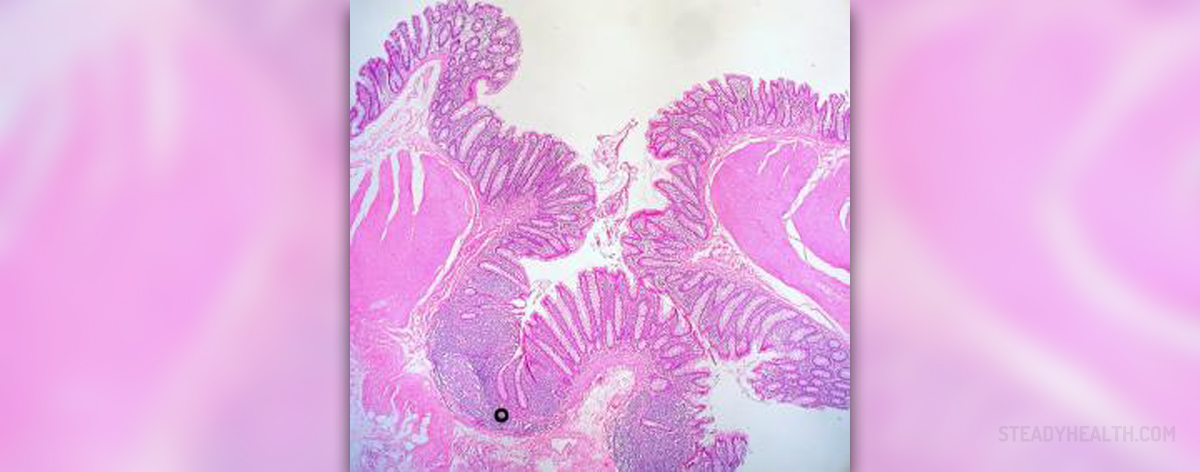
Possible complications of diverticulosis include diverticulitis (inflammation or infection of the diverticulum) bleeding from cracked diverticulum and intestine plot.
Proper nutrition as prevention
Diverticulosis is rare if the diet is normal and contains a lot of fiber. People should eat five servings of vegetables (including peas and beans) and fruits daily, as well as pity fruits and seeds (which have to be thoroughly chewed). Besides that, people should choose foods made of integrated wheat, and avoid food made of white flour or white rice. Wheat bran and other insoluble fiber should be excluded from the diet because they can irritate intestine. Diet rich in fiber should e accompanied with a lot of fluids – people should drink every day to at least eight glasses of water.
Another important way for diverticulosis preventing is every-day physical activity. It massage bowel and prevents constipation which is an important risk factor in diverticulosis. Intake of fresh garlic or its tablets three times a day prevents bacterial activity which can contribute to preventing diverticulosis.
Treatment of Diverticulosis
While pain lasts, person should let the colon to relax by avoiding dairy products (except yogurt) and food made of wheat and other grains. He/she can eat oatmeal which was standing flooded overnight and cooked in soy milk. Ill person should eat vegetables, soup, apple puree, fruit and yogurt for two days and then he or she should add the fish, black beans and rice. One should return to normal diet the withdrawal of symptoms.Long-term bowel health assumes taking a spoonful of walnut, flax or olive oil per day which provides entering the essential fatty acids that help fight against inflammation into the body. To prevent infection, one should take multivitamin and mineral supplements.
If new symptoms occur or natural therapies do not improve the situation, it is advisable to consult a specialist. If person have severe pain in the stomach, especially if it is accompanied by fever or vomiting or blood in stool, medical help is necessary. Doctor may prescribe drugs that stimulate intestinal peristalsis or those who slow it down depending on the symptoms.
Symptoms that indicate inflammation or infection requires hospital treatment.
- Rifaximin is a poorly absorbable oral antibiotic with broad spectrum of action, which has been investigated and used in the treatment of symptomatic uncomplicated diverticular disease. A recent meta-analysis evaluated four prospective randomized studies of 1,660 patients and found that the primary outcome of symptom relief at 1 year was achieved by 64% of patients in the treatment group of rifaximin as compared to 34.9% in the control group and this difference was statistically significant.
- Since it is believed that low-grade chronic inflammation may play a role in the pathogenesis of symptomatic uncomplicated diverticular disease, mesalamine has been investigated in this patient population. A U.S. randomized trial of 12 weeks of mesalamine after an episode of acute diverticulitis did show improvement in global symptoms at some time points, but was underpowered to evaluate recurrence.
- Inflammation secondary to fecal stasis in diverticular disease has been suspected to cause changes in the colonic microbiome. Characterization of this microbiome however has been sparse and there is little precise relevant data. A systematic review conducted by Lahner et al. examined 11 studies in which various probiotics (majority of which were Lactobacillus strains) were used in the treatment of diverticular disease. Upon examination of an overall pool of 764 patients, there appears to be a positive trend in the reduction and/or remission of abdominal symptoms with the implementation of probiotics.
- Physical activity has been studied in many gastrointestinal disorders and proposed to reduce risk of colon cancer and other gastrointestinal disorder through decreased transit time, inflammation and/or colon pressure, which are similar mechanisms at play in diverticular disease. Strate et al. studied 47,228 U.S. males in the Health Professionals Follow-up Study cohort and found that physical activity does decrease the risk of diverticulitis and diverticular bleeding.
- Previously, the standard convention had been to begin to discuss possible prophylactic resection after a second attack of acute diverticulitis, but this wisdom is changing. The most recent American Gastroenterology Association guidelines suggest against elective colonic resection in patients with acute uncomplicated diverticulitis.


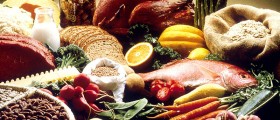
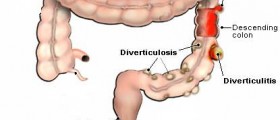
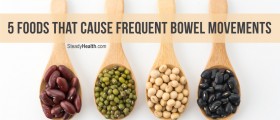

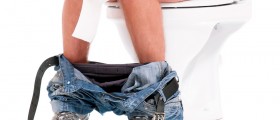
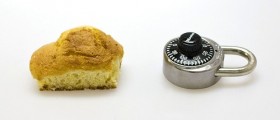

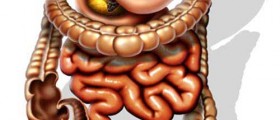

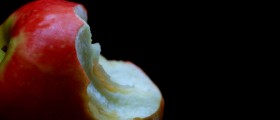

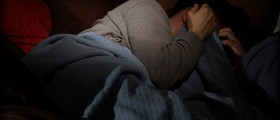
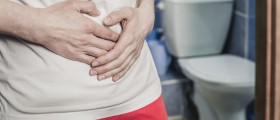
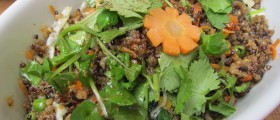
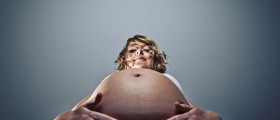
Your thoughts on this
Loading...